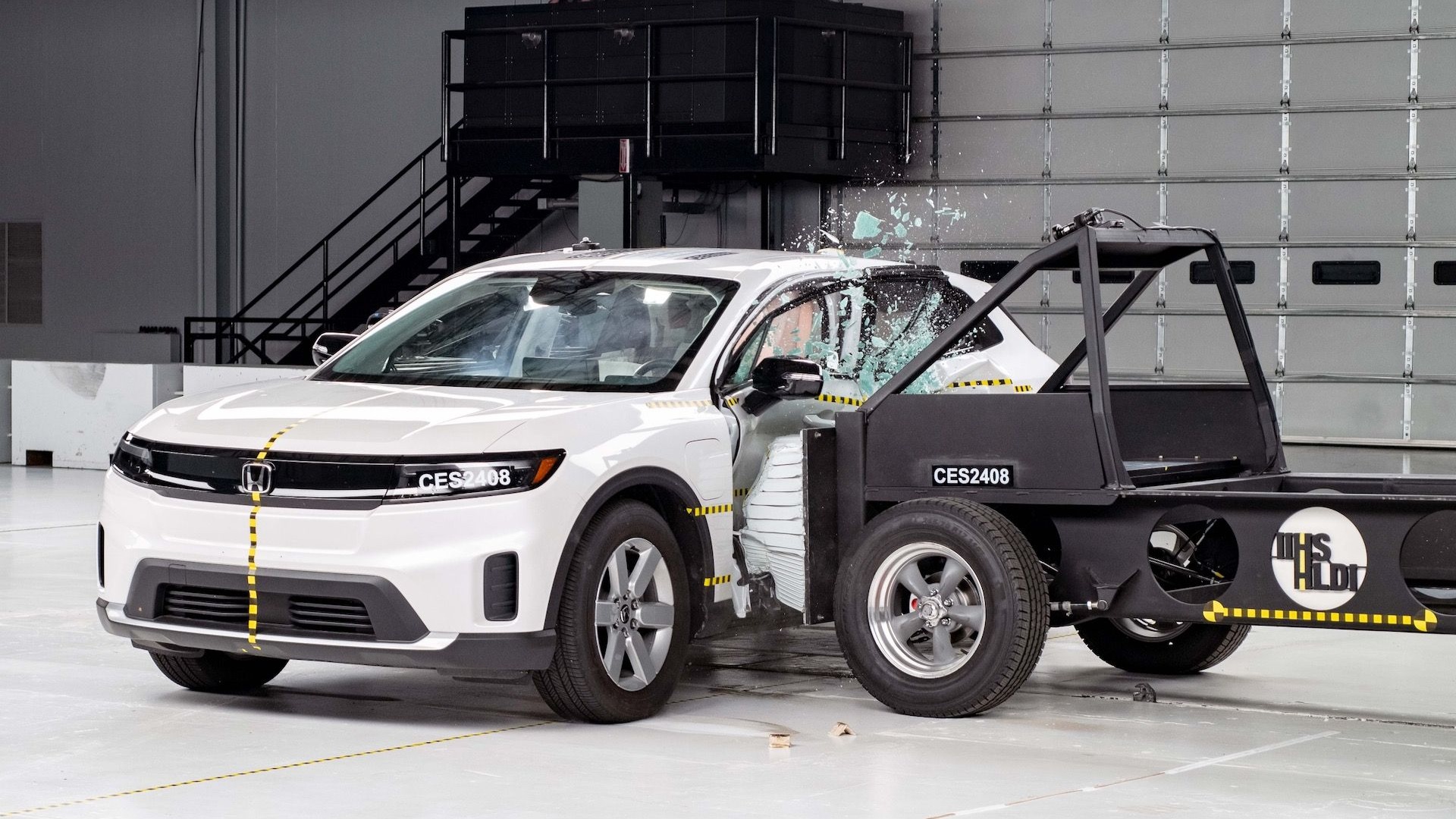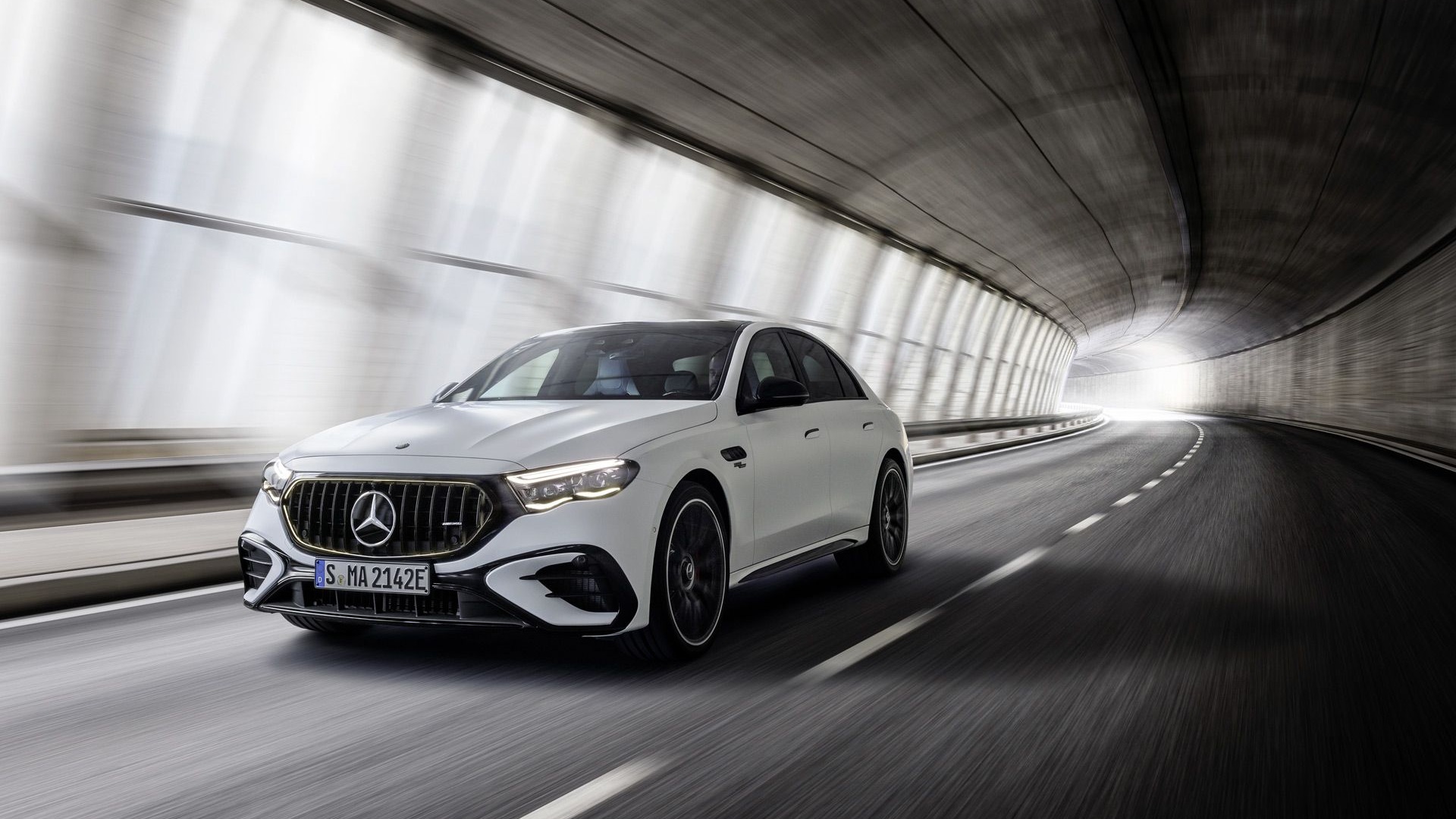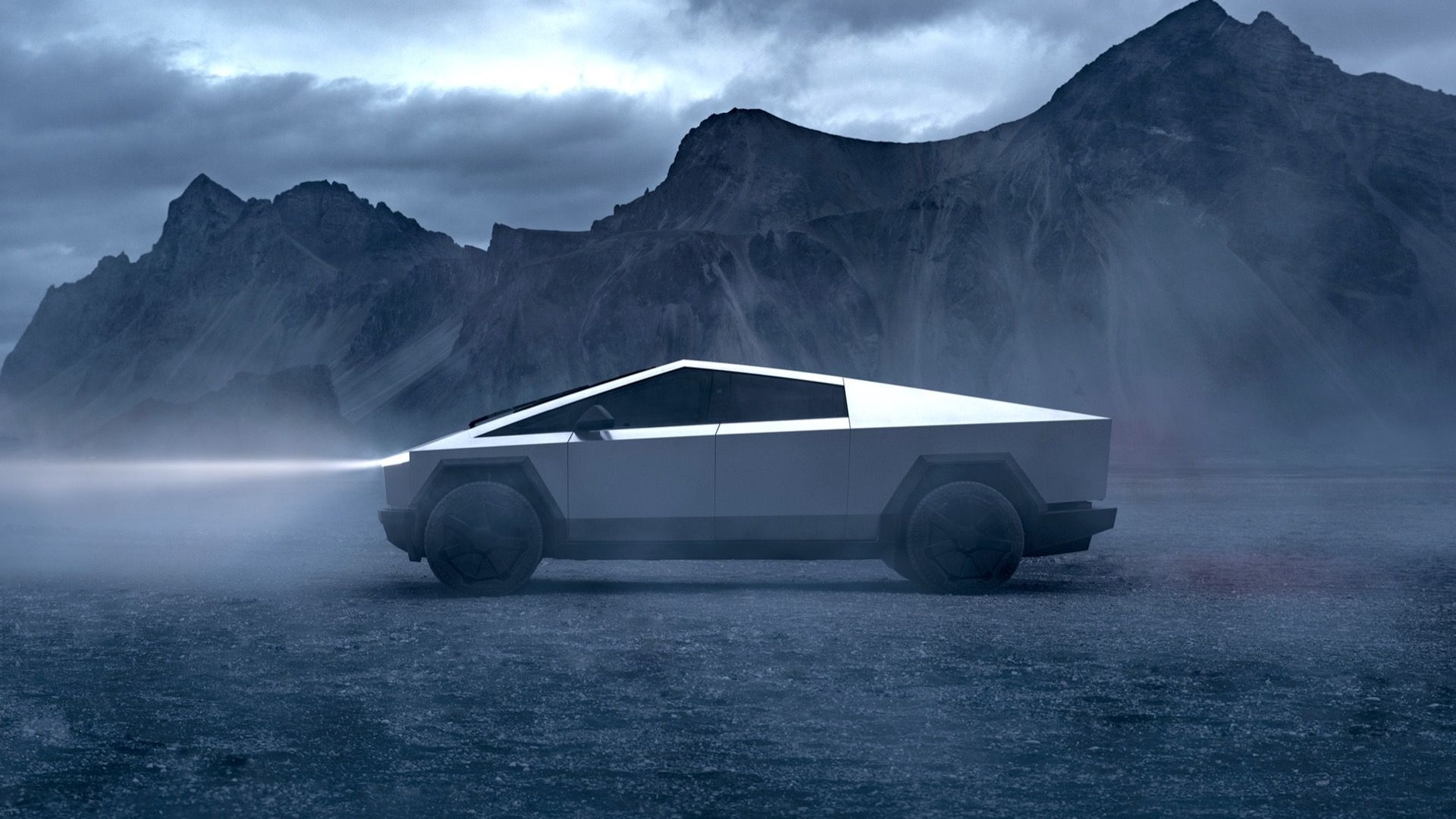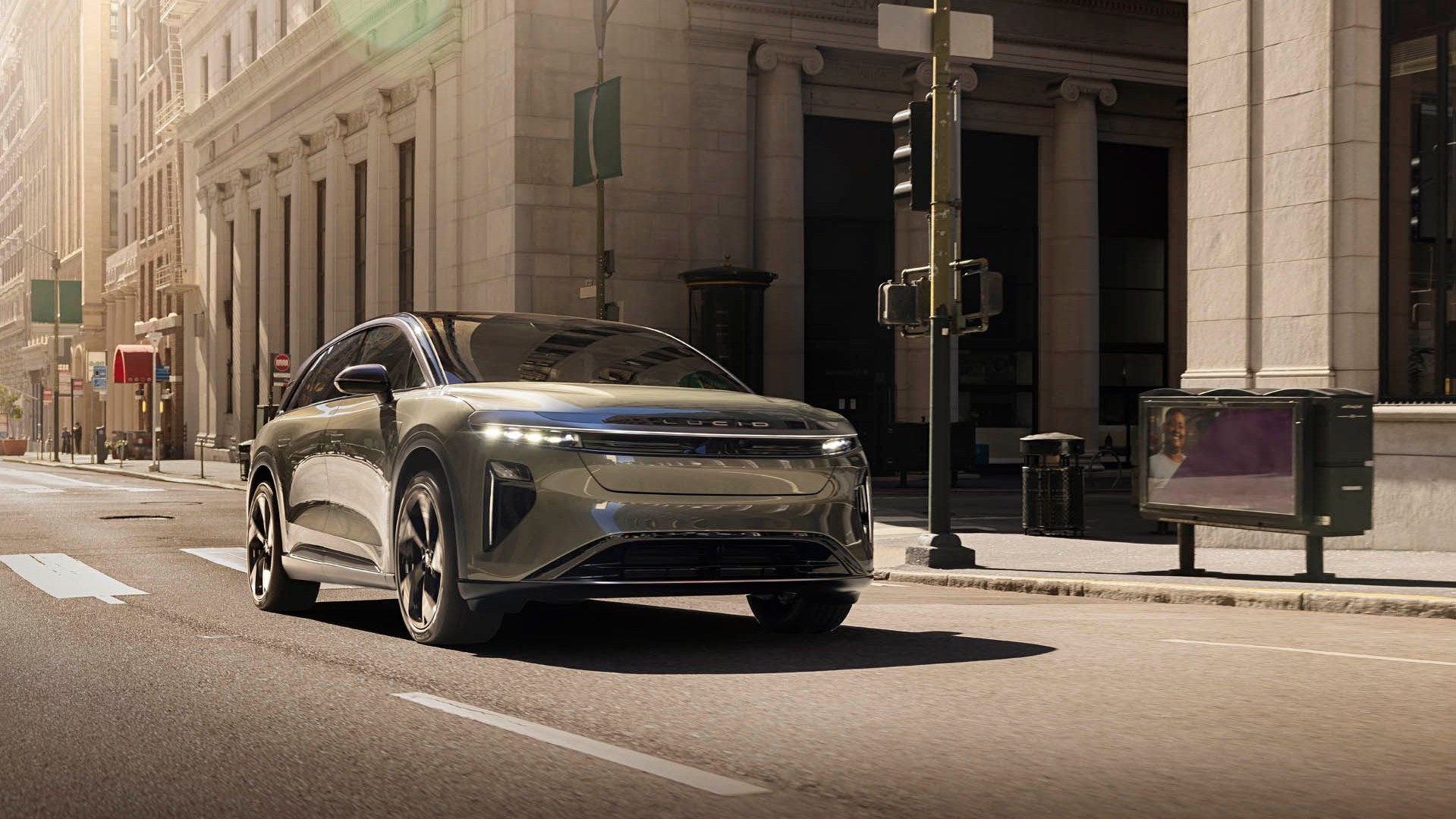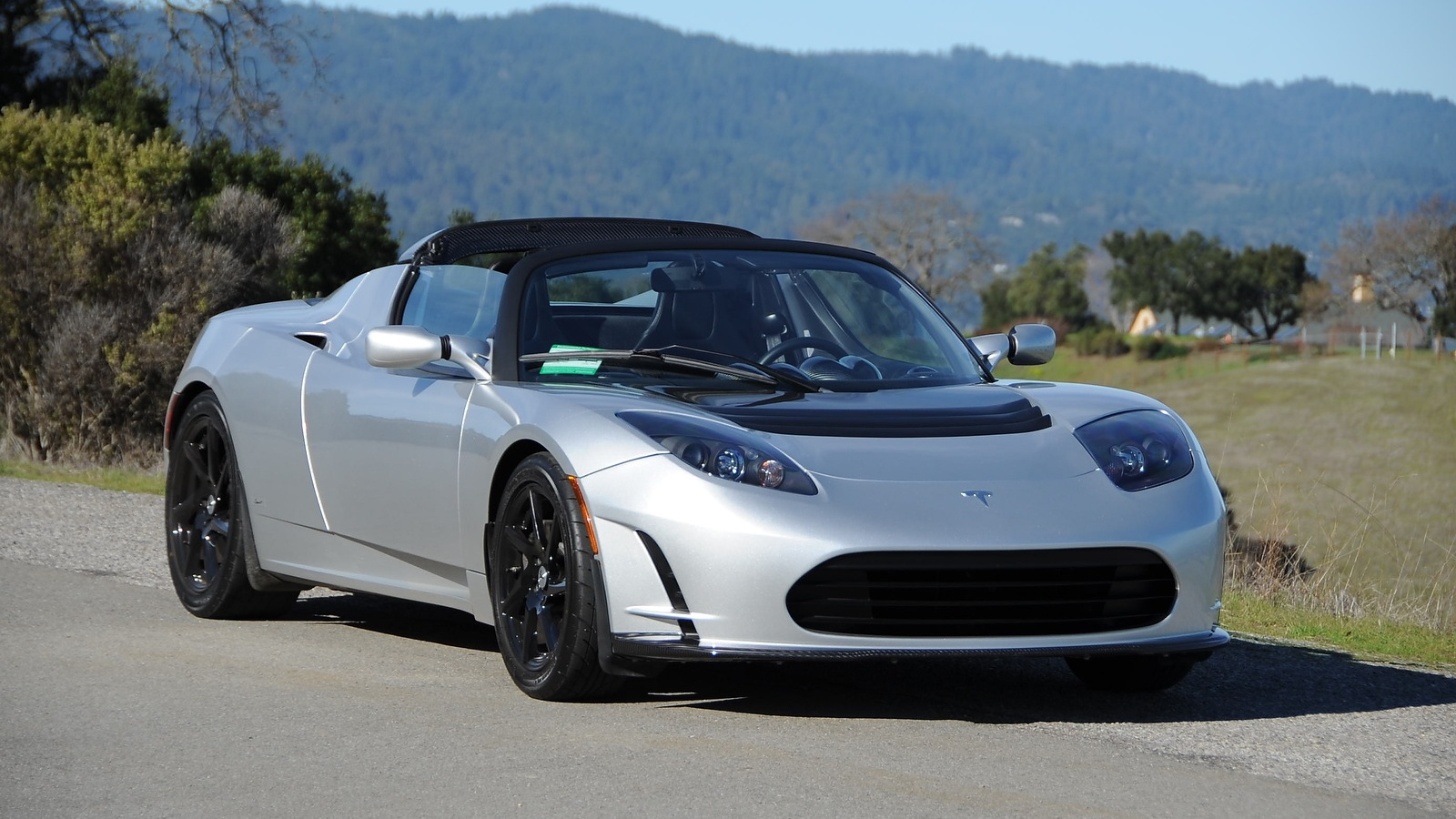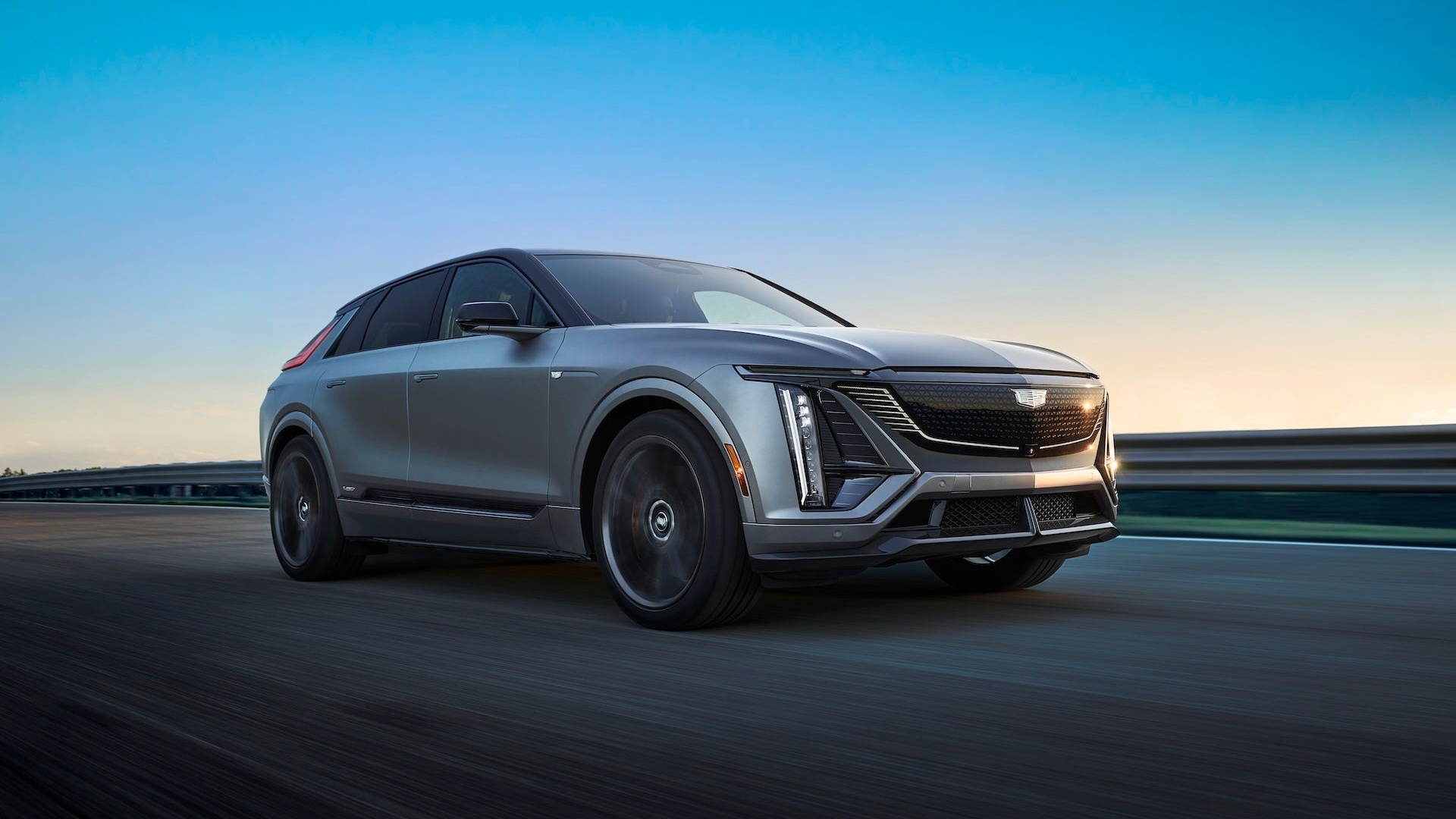Synthetic fuels don’t make sense, argues an environmental group. Ford could ramp up production of EV battery cells by the middle of the decade. And a fix is in at last for the Bolt EV issue that’s kept owners from tapping into full range. This and more, here at Green Car Reports.
Ford says that it might build its own batteries as soon as 2025, based on the volume it might reach with the Mach-E, the electric F-150 pickup, the E-Transit van, and other upcoming vehicles. With BMW, it also announced that it is upping its investment in U.S.-based Solid Power, which will provide cells to both automakers for testing next year.
There’s finally a fix for the 2017-2019 Chevrolet Bolt EV battery issue that has kept owners hobbled at a 90% maximum state of charge for many months, over fire concerns. Chevy says that a new piece of diagnostic software will detect such problems, but another dealership visit is required to get it—and that full range—back.
Some companies in Europe are rallying for the inclusion of synthetic fuels, or e-fuels, in the upcoming Euro 7 framework for emissions. But a new study from T&E argues that synthetic fuels are more expensive and cause more carbon dioxide, calling them “a mirage”
And over at Motor Authority: The first electric vehicle due from Bentley in 2025 doesn’t look like it will keep with the brand’s traditional look. According to a report, it will be a sleek, modern-looking crossover derived from Audi’s Artemis EV project.
_______________________________________



